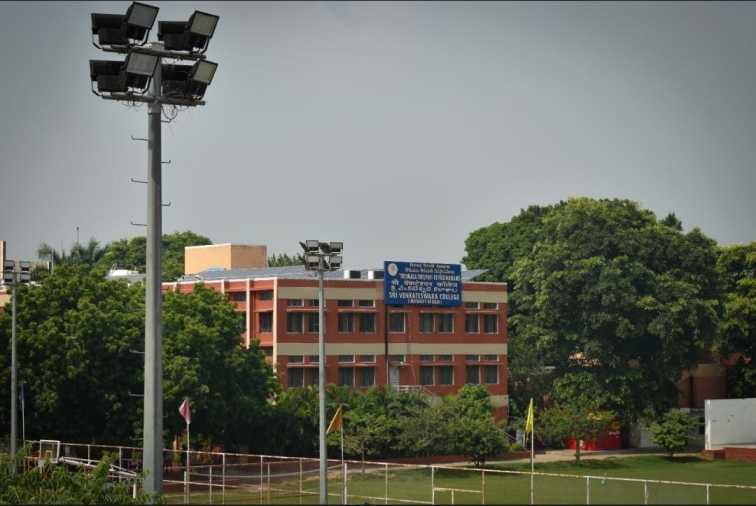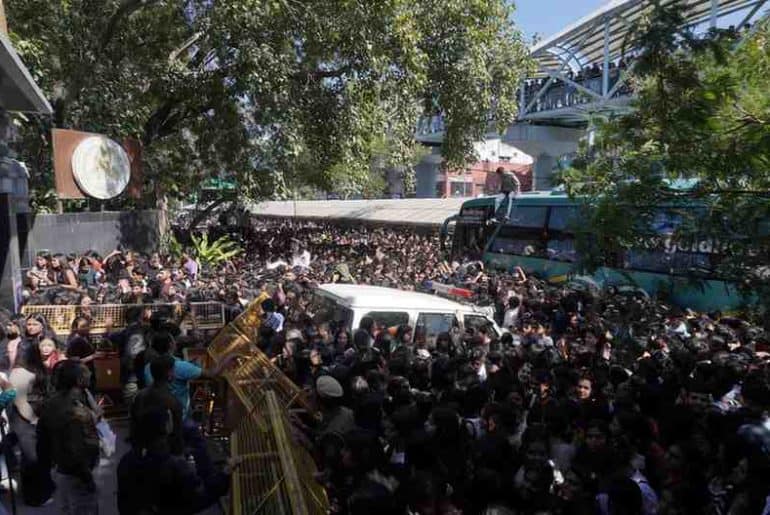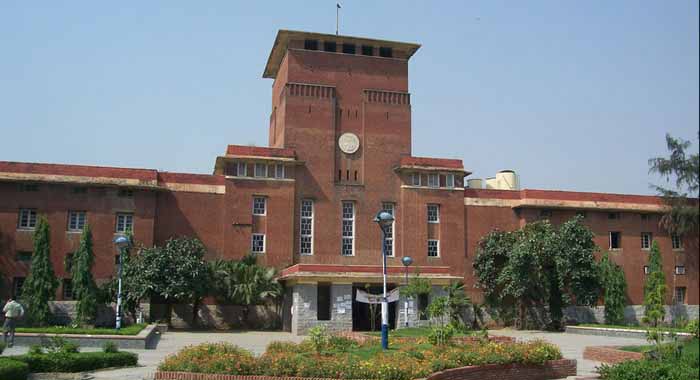Grand finales, tearful exits and shocking plot twists—to bid farewell in pop culture is to laugh, cry and carry a piece of our favourites into nostalgic remembrance.
“In case I don’t see you … good afternoon, good evening and good night.”
- The Truman Show
To bid goodbye is an art that very few have mastered, both in reality and on the silver screen. Introductions are often easy; it doesn’t have to be perfect, for the story goes on and mends itself along the way. But conclusions are defining; in simple words, the way you end, why you end and how you end sets the stage for how you are remembered for years, if not decades, to come.
It is often the premonition of a farewell that lingers even before its actual end; foreshadowing is a cinematic technique used by screenplay writers to subtly hint at a character or plot’s ultimatum, their goodbye. The beauty of foreshadowing is not predictability but the audience’s realisation—the shock, the rewinding and the gaping eyes that try to connect the dots.
Minutes before Mufasa’s death in The Lion King, in the backdrop of a sunrise and a melancholic soundtrack, he tells Simba, “One day, Simba, the sun will set on my time here and will rise on you as the king.” Foreshadowing is as subtle as that; there are no giant billboards screaming out a character’s fate but elements as simple as a nostalgic dialogue, a wistful musical composition and a setting sun that indicates a goodbye nobody is prepared for.
Some goodbyes hit harder than the others (even when unwanted spoilers ruin your cinematic experience). Watching a houseful audience in theatres tear up in unison all because of a single snap is a telling of how to make farewells a tear–jerker, often an unexpected one. “I am Iron Man,” says Tony Stark in Avengers: Endgame and just like Peter Parker, every teenager who grew up watching and living the Marvel experience felt a pang of pain. Perhaps that is how farewells in popular culture are meant to be: heartbreaking and soul-wrecking.
Hidden in whispers and a silent letting go of the hand, it is in Romances and Dramas that goodbyes feel like the lingering pain that hits you after ages. Some goodbyes are dramatic—the screaming and crying of Harry silenced by the director’s cut in The Order of the Phoenix as he watched Sirius die and vanish into the realm of death. At times, it is the quiet look of acceptance of love and grief that, to a romantic viewer, metamorphoses a ‘love story’ into a ‘horror’. La La Land does the beauty of silent mourning and simplicity the right way. A reminiscing of the ‘what ifs’, exchanges of the eye and a quiet letting go. Perhaps heartbreaking goodbyes are often shaped like that; “a sobering reminder of reality”.
Yet, goodbyes do not always have to always be drenched in tears and sorrowful mourning. Mirroring reality, some goodbyes are bittersweet; you recall them with longingness in moments of nostalgia but bid them goodbye with heartfelt emotions. “O Captain, My Captain”, says Todd. To every dreamer, poet and appreciator of good cinema, Dead Poets Society consumes the meaning of ‘to bid farewell’ in its series of goodbyes—unexpected, tragic, yet bittersweet. Bidding farewell to Mr. Keatings, for many of us, mirrors the goodbyes we’ve whispered to our teachers as we walked from the familiar school corridors to the unknown red-bricked hallways of college; a nostalgic remembrance.
Nostalgia drives emotions and people towards continuity, perhaps why goodbyes in sitcoms are more impactful; they aren’t merely TV shows but fictional characters and events that you share experiences with, in every episode. Ending its 10-season run, Friends waved farewell to its audience and to the purple-walled apartment of Monica and Chandler for the final time. A debated ending, a nostalgic final run to Central Perk and characters etched forever in BuzzFeed Quizzes, a two-decade-later reunion and the hearts of binge-watchers; farewells are meant to be such. The trope of a new beginning in the endings of family sitcoms has been a tradition inspired by reality; life must move on and people must go on despite goodbyes. The Pritchett-Dunphy-Tuckers of Modern Family also step into new chapters of their lives, for goodbyes do not always have to be permanent; sometimes a simple fare-thee-well till the next moment of togetherness suffices.
As farewells in pop culture and real life blur into a commonness of longing, remembrance and nostalgia, one must look back and think how lucky they are to have people, memories and places that are so hard to say goodbye to. It is perhaps the hardest goodbyes that form the best moments of our lives – in cinema and in reality. As Judy Collins puts into lyrics, “Farewell to my comrades/ For a while we must part/ And likewise the dear lass/ Who first won my heart.”
Read also: In Fond Remembrance of Chandler Bing
Featured Image Credits: YouTube
Aaratrika Ghosh









